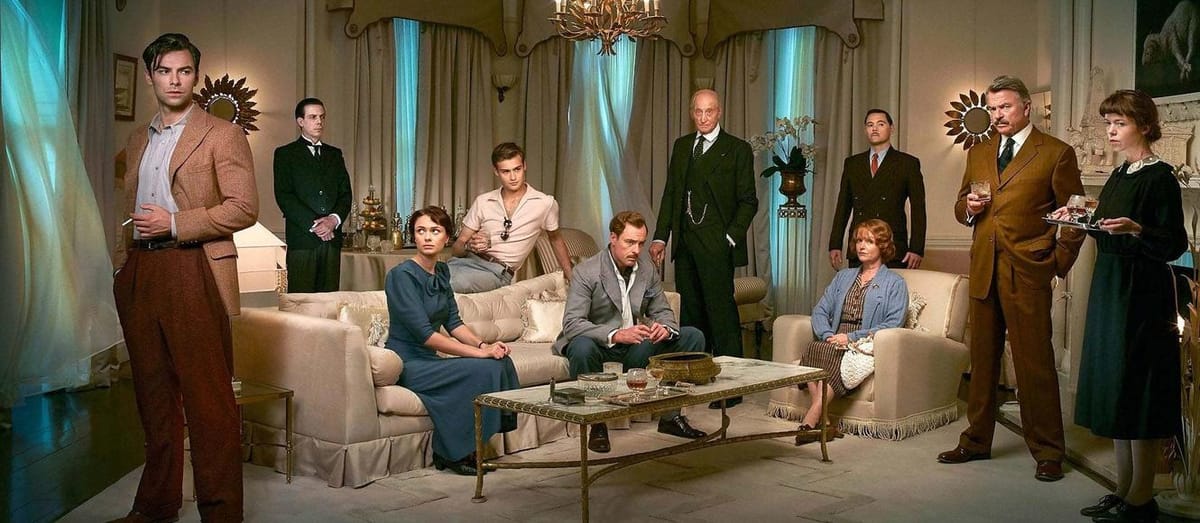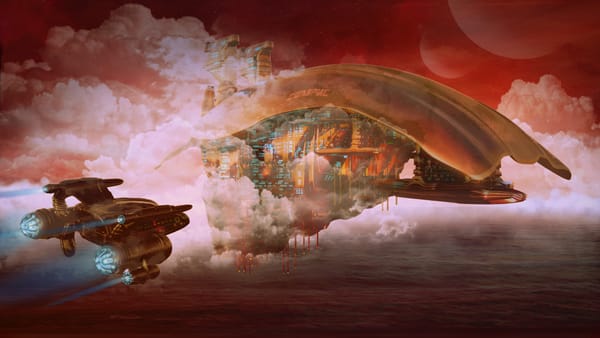And Then There Were None : “In the midst of life, we are in death.”

“Crime is terribly revealing. Try and vary your methods as you will, your tastes, your habits, your attitude of mind, and your soul is revealed by your actions”
A staple of the mystery genre, ‘And Then There Were None’, is a multifaceted story, condensed into a mere 240 pages. Being one of Agatha Christie’s most celebrated novels, it encircles ten individuals who have been lured onto an island under the false pretence of employment by a Mr. Owen. Soon after stepping foot on the blissful island of Devon, devoid from the bustle of their daily lives, our characters begin dropping dead like flies. Which of them is the murderer?
This ‘who-done-it’ novel is a carefully crafted piece of fiction packing an intricate plot and a large array of characters. The strangely assorted characters are all extremely unlovable, but fascinating nonetheless. They have all been accused of murder but are utterly petrified by the notion of death. Amongst these individuals is a lunatic who is capable of fitting in whilst setting up a convoluted murder scheme. With this, Christie cultivated a compelling read.
What I found most riveting about this murder mystery was its poetic linkage to ‘Ten Little Soldier Boys’. Agatha Christie took the uncanny lyrical piece and used it as the premise for her plot. Each lyric exemplifies the next murder that will take place. However predictable this may make the story seem, each of the killings is effectively delineated. Additionally, since the linguistic perspective is an omniscient third person, each character’s outlook on the situation is described. This is arguably a precarious technique, but Christie does an admirable job with it. Moreover, and most importantly, the ending was impeccable. All aspects of the plot tied together beautifully but in the most unforeseen manner. So if you were wondering, yes, I guessed the murderer incorrectly.
Nevertheless, when an intricate murder mystery has been compactly transcribed into 240 pages, there are bound to be drawbacks. The brevity of the novel greatly inhibited character development. This resulted in an absence of reader attachment which, in my opinion, majorly diluted the reading experience. Moreover, all the characters seemed like carbon copies of each other. Nothing stood out about any of them which made the mystery an arduous solve, but also plainly weakened the story.
Into the bargain, I found nothing exceptional about her writing style. The characters were already bleak and thus, the absence of descriptive narration was a major turn off. A simple writing style is no point of contention, but since other aspects of the novel were already lacking, this was quite the drawback. In addition, I read this novel and Christie’s ‘The Murder on the Orient Express’ consecutively and found both the storylines exceedingly similar. The author has been accused of formula writing on several occasions and I can now see why. Having said that, ‘And Then There Were None’ is still an estimable novel which is perfect for anyone looking for a quick and absorbing read.
| Symposia: | |
| Goodreads: |
(this article is cross-posted from symposia)




